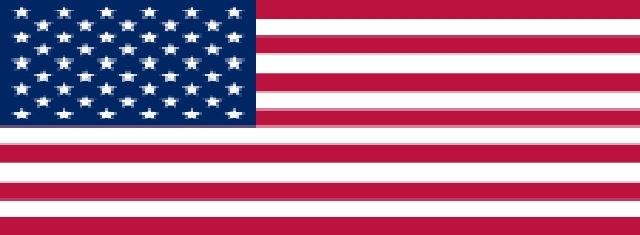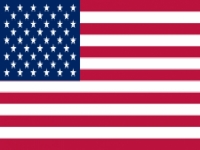Local
MUSLIM AND AMERICAN - A VOICE FROM THE WHITE HOUSE
THE STORY OF AADIL GINWALA

USA FLAG
USPA NEWS -
Story of dedicated public servant who has faced discrimination & found hope in the people he works alongside and the work he does every day on behalf of the American people.
AADIL GINWALA
Assistant Director for Education & Telecommunications Innovation in the Office of Science & Technology Policy
AADIL GINWALA
Assistant Director for Education & Telecommunications Innovation in the Office of Science & Technology Policy
Story of dedicated public servant who have faced discrimination & found hope in the people he works alongside and the work he does every day on behalf of the American people.
AADIL GINWALA
Assistant Director for Education & Telecommunications Innovation in the Office of Science & Technology Policy
I feel honored and deeply privileged to get to serve in the White House, for this country I love so much. But I feel especially privileged to work for President Obama, whom I have felt, since his speech in the 2004 Democratic Convention in Boston, has this uncanny way of saying exactly what I feel and believe, only better than I could have said it myself.
AADIL GINWALA
Assistant Director for Education & Telecommunications Innovation in the Office of Science & Technology Policy
I feel honored and deeply privileged to get to serve in the White House, for this country I love so much. But I feel especially privileged to work for President Obama, whom I have felt, since his speech in the 2004 Democratic Convention in Boston, has this uncanny way of saying exactly what I feel and believe, only better than I could have said it myself.
And I love that there is a generation of children, many of whom are now 10 and 11 years old, for whom a black President named Barack Hussein Obama is in no way strange or a stretch of the imagination.
But even with the progress we´ve made, the truth is that, as wonderful as America is, anyone who is 'different' in some way has likely experienced discrimination at some point or another. For me personally, as a young man before 9/11 the most common thing I would experience is that, somehow, I almost always got 'randomly' selected for the extra bag check and security check at the airport every time I flew.
But even with the progress we´ve made, the truth is that, as wonderful as America is, anyone who is 'different' in some way has likely experienced discrimination at some point or another. For me personally, as a young man before 9/11 the most common thing I would experience is that, somehow, I almost always got 'randomly' selected for the extra bag check and security check at the airport every time I flew.
This even happened (on October 11, 2001) when I was at JFK airport right after 9/11 preparing to leave for West Africa to serve in the Peace Corps. Thirty-five of us volunteers were all checking in together with all of our gear -- but I was the one that got asked to step aside while a military member searched my bags. Ironically, I feel a lot better at airports today because the security screening that most of us find annoying is at least applied even-handedly and based on rules and evidence-based indicators. At least these days if I get extra scrutiny, it does not feel like it is because I am being profiled.
For my family, the scariest thing was in 2008 when the FBI showed up to my parent's home unannounced and asked to come in to ask some questions. They asked about my parents' travel to Mumbai, India (where we are from) and then they asked about my parents' religious community, mosque, and friends. It really shook my family to be questioned in that way -- they were afraid, and embarrassed, and felt really unsafe. This has happened to a lot of Muslim Americans, but when it happened to us, we felt very alone and my family lost a lot of sleep over it.
That´s why the vitriolic language in today´s political discourse makes me shake my head. I feel like people are being manipulated, that opportunists are taking advantage of the fact that in a time with so much uncertainty for so many Americans it is easy to grab at visceral fears and say 'those other people are the problem -- hate and fear them.' I am not so worried about myself, but I worry and fear a great deal for the Muslim American kids in elementary, middle, and high school who are already struggling (as all kids do) to define their multiple identities and who cannot help but feel that there are those in America who might hate them for who they are.
I have a three-year old boy and I had hoped, when I was growing up, that by the time he went through school, being Muslim would not feel so 'weird' and 'different' for him as it did for me -- that he would not have as much explaining to do. Now I have to add the hope that he will not feel hated. That is the heart-breaking thing as a parent.
Source : The White House
Ruby BIRD
http://www.portfolio.uspa24.com/
Source : The White House
Ruby BIRD
http://www.portfolio.uspa24.com/
Ruby Bird Aadil Ginwala Assistant Director For Education & Telecommunications Innovation Office Of Science And Technology Policy Discrimination White House Barack Obama Speech Islamic Society Of Baltimore
Liability for this article lies with the author, who also holds the copyright. Editorial content from USPA may be quoted on other websites as long as the quote comprises no more than 5% of the entire text, is marked as such and the source is named (via hyperlink).






